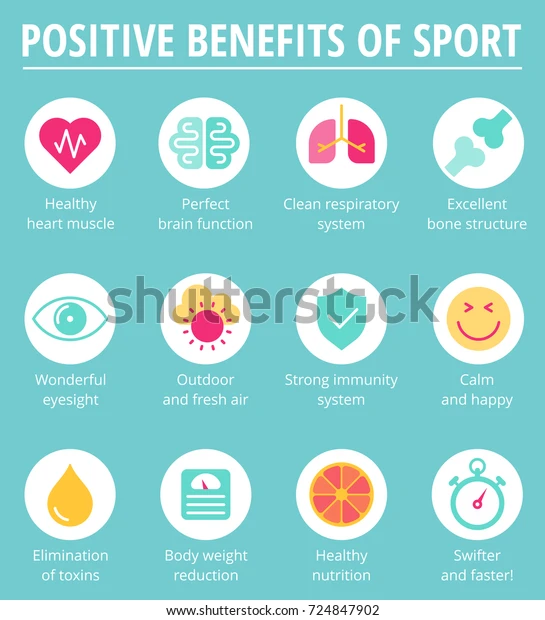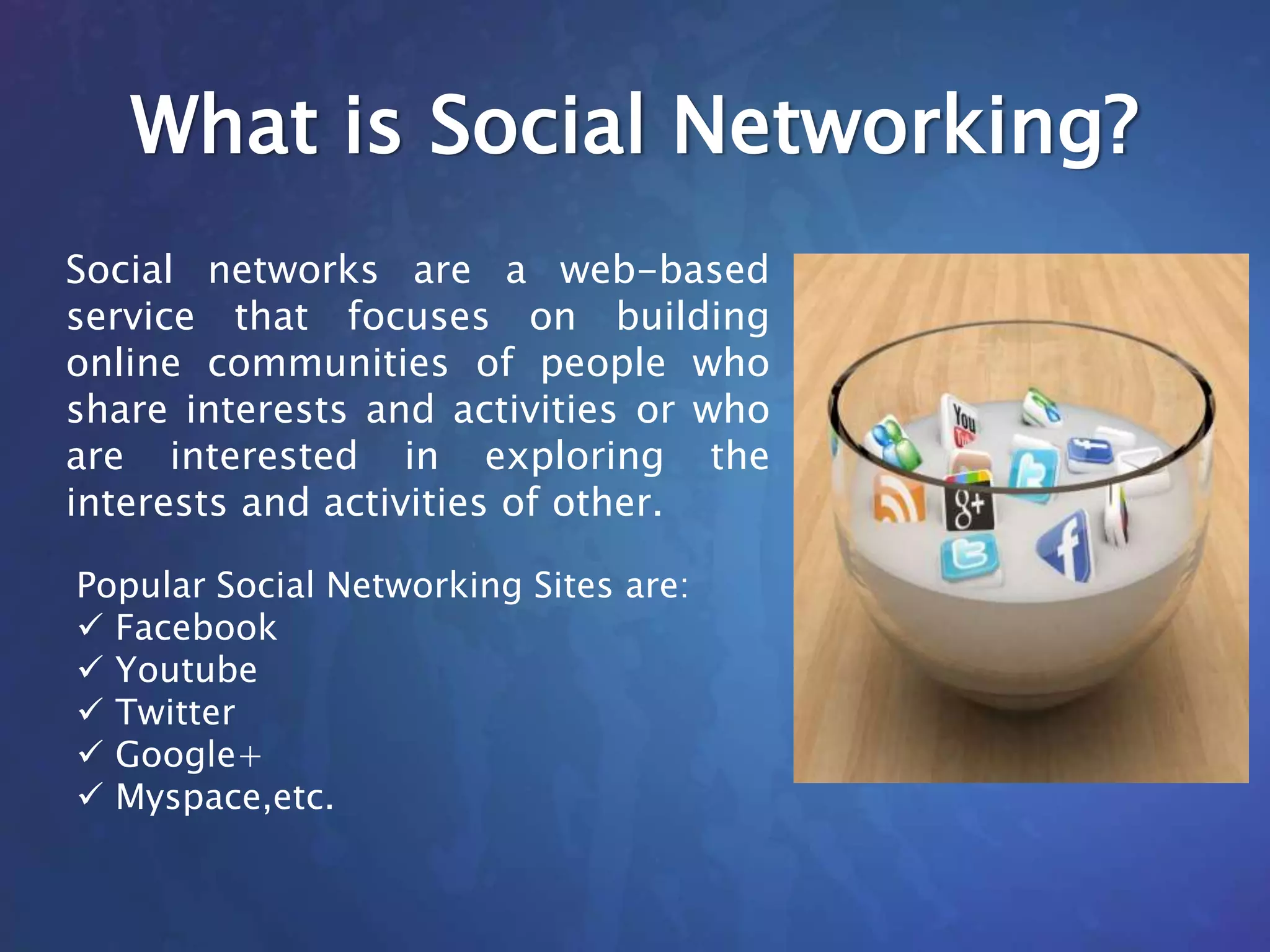
The Benefits of Games for Our Health
In today’s fast-paced world, where stress, sedentary lifestyles, and mental health challenges have become increasingly common, games—often considered just a source of entertainment—have emerged as powerful tools for enhancing health. From physical games and sports to video games, board games, and even puzzle-solving, various types of games contribute significantly to both physical and mental well-being. This article explores the multifaceted benefits of games for our health, drawing from scientific studies, psychological research, and anecdotal evidence.
What are the benefits of games our health?
1. Physical Health Benefits of Games
A. Improved Cardiovascular Health
Physical games such as soccer, basketball, tennis, and running-based games provide excellent cardiovascular workouts. Engaging in these games increases heart rate, which strengthens the heart muscles and improves overall circulation. According to the American Heart Association, regular participation in physical activities like games reduces the risk of heart disease, stroke, and hypertension.
B. Enhanced Motor Skills and Coordination
Games that require physical movement, especially among children, help develop fine and gross motor skills. Activities like jumping, throwing, catching, or balancing improve hand-eye coordination, reflexes, and body awareness. For older adults, games like table tennis or dancing can delay age-related decline in motor function and reduce the risk of falls.
C. Weight Management and Fitness
With the rise of childhood and adult obesity, games offer a fun and engaging way to burn calories. Unlike traditional exercise routines that may feel like a chore, games turn physical activity into play, increasing the likelihood of long-term adherence. Active video games (e.g., Wii Sports, Just Dance, Ring Fit Adventure) have proven especially effective in motivating movement indoors.
D. Boosted Immune System
Regular physical activity through sports and active play enhances immune function. It reduces inflammation, improves sleep quality, and helps regulate stress hormones, all of which contribute to a stronger immune response. In children, outdoor games also increase exposure to fresh air and sunlight, supporting vitamin D production.
2. Mental Health Benefits of Games
A. Stress Relief and Relaxation
Games provide a mental escape from daily pressures. Immersing oneself in a game can trigger a “flow” state—complete absorption in an activity—which has been linked to decreased stress levels and increased happiness. Whether it’s solving a puzzle, exploring a virtual world, or participating in a sports match, the focus required by games helps distract the mind from anxiety-inducing thoughts.
B. Improved Cognitive Function
Numerous studies have shown that both traditional and digital games can enhance cognitive abilities. Games that challenge memory, logic, and problem-solving—such as chess, Sudoku, or strategy video games—promote brain plasticity. These cognitive exercises strengthen neural pathways and may help delay age-related cognitive decline and diseases like Alzheimer’s.
C. Increased Attention and Concentration
Games often require sustained attention, quick thinking, and fast decision-making. Action games, in particular, have been shown to improve visual attention, spatial awareness, and the brain’s ability to switch between tasks. Educational games are increasingly being used to help children with ADHD develop better focus and impulse control.
D. Mood Regulation and Emotional Resilience
Playing games releases “feel-good” neurotransmitters like dopamine and endorphins. These chemicals help regulate mood, reduce feelings of depression, and promote a sense of well-being. Competitive games teach emotional regulation by encouraging players to handle victory and defeat gracefully, building resilience over time.
3. Social Benefits and Mental Well-Being
A. Building Social Connections
Multiplayer games—whether on the field, at the table, or online—promote teamwork, communication, and shared experiences. For children, playing cooperative or competitive games teaches important social skills such as taking turns, following rules, and empathy. For adults, games offer a way to bond with family and friends, or to make new connections in communities, both online and offline.
B. Combatting Loneliness
Loneliness is increasingly recognized as a significant health risk, especially among older adults. Games like bingo, card games, or even online multiplayer platforms can help reduce social isolation. Video games, contrary to popular belief, are not always isolating. Many players report forming long-lasting friendships and support networks through online gaming communities.
C. Therapeutic Applications
Games are being used in various forms of therapy. For example, “serious games” are designed to address mental health issues like anxiety, PTSD, or phobias through guided exposure in a safe environment. Games are also used in occupational and speech therapy to motivate patients to complete exercises that might otherwise feel monotonous.
4. Educational and Developmental Benefits
A. Learning Through Play
Educational games help children (and adults) learn new skills in an interactive way. Subjects like math, science, history, and language become more engaging when presented as games. Role-playing games help develop creativity, storytelling, and strategic thinking.
B. Developing Critical Thinking and Problem-Solving Skills
Games often involve puzzles, obstacles, and complex systems that require players to think critically. Strategy games like “Civilization” or “Age of Empires” challenge players to plan ahead, manage resources, and adapt to changing circumstances. These skills translate to real-world problem-solving.
C. Building Patience and Perseverance
Games often require repeated attempts to succeed, teaching persistence and resilience. Players learn that failure is a stepping stone to success—a valuable life lesson. These attitudes contribute to growth mindset, a psychological trait linked to academic and personal success.
5. Specific Benefits by Game Type
A. Video Games
- Mental agility: Games like “Brain Age” or “Lumosity” are designed specifically to improve memory, attention, and problem-solving.
- Physical rehabilitation: Motion-based games are used in physiotherapy for stroke patients or injury recovery.
- VR therapy: Virtual Reality games are used in treating phobias, PTSD, and social anxiety by providing immersive exposure therapy.
B. Board Games
- Social bonding: Games like Monopoly, Scrabble, or Settlers of Catan promote family interaction.
- Cognitive benefits: Require strategic thinking, memory, and planning.
- Low-cost stress relief: Easily accessible and affordable leisure option.
C. Sports and Outdoor Games
- Physical fitness: Provides a full-body workout.
- Teamwork: Teaches collaboration, leadership, and discipline.
- Mental clarity: Natural settings reduce mental fatigue and improve attention span.
D. Puzzles and Brain Teasers
- Mental stimulation: Crossword puzzles, jigsaws, and logic puzzles enhance memory and problem-solving.
- Preventing dementia: Regular engagement may help delay symptoms of cognitive decline.
- Mindfulness: Focused attention on a puzzle can induce a meditative, calming effect.
6. Games in Healthcare and Rehabilitation
A. Games for Children with Disabilities
Customized games are being used to help children with autism, ADHD, and learning disabilities develop social and cognitive skills in an engaging way. These games are often designed in collaboration with psychologists and educators to address specific therapeutic goals.
B. Rehabilitation Tools for Stroke and Injury Recovery
Gamified physical therapy is becoming increasingly popular in rehabilitation clinics. For instance, balance games on the Nintendo Wii have been used to help stroke survivors regain motor control. Patients report higher motivation and better adherence when therapy involves game-like elements.
C. Games for Pain Management
Distraction through games has proven effective in reducing the perception of pain, especially in children undergoing medical procedures. Virtual reality games are used in burn units to distract patients during painful treatments by immersing them in calming environments.
7. Risks and Responsible Gaming
While the benefits of games are numerous, it’s essential to acknowledge the potential risks of excessive or unbalanced gaming.
A. Risks of Overuse
Excessive screen time from video games can lead to:
- Poor posture and physical inactivity
- Eye strain
- Sleep disruption
- Social withdrawal
B. Addiction and Gaming Disorder
The World Health Organization has recognized “Gaming Disorder” as a diagnosable condition characterized by impaired control over gaming. Like all enjoyable activities, games must be played in moderation. Parents and individuals should monitor game time and balance it with other responsibilities.
C. Violence and Aggression
While the link between violent video games and real-world aggression remains debated, it’s important for players (especially minors) to choose age-appropriate content. Parental guidance and open conversations about in-game behavior can mitigate negative effects.
Conclusion
Games are far more than mere entertainment. They offer significant physical, mental, emotional, and social health benefits when integrated mindfully into daily life. From reducing stress and enhancing cognitive function to encouraging physical activity and strengthening social ties, games have the power to transform health in fun and meaningful ways.
As society becomes more health-conscious, the integration of games into wellness routines, education systems, and healthcare settings will likely grow. Whether you’re solving a puzzle, running on a field, or exploring a virtual world, the next time you play a game, remember—you’re also investing in your health.

Absolutely! Here’s a revised 1,500-word version of the article “The Benefits of Games for Our Health”, maintaining all the key points but trimmed for conciseness and clarity.
The Benefits of Games for Our Health
~1,500 Words
In today’s fast-paced world, stress, sedentary lifestyles, and mental health issues are on the rise. Amid these challenges, games—often seen as simple pastimes—have proven to offer powerful health benefits. From physical sports to board games and video games, a wide range of games contribute positively to our physical, mental, and emotional well-being.
This article explores how different types of games can enhance overall health, supported by scientific research and real-world applications.
1. Physical Health Benefits
A. Better Heart and Cardiovascular Health
Games that involve physical activity—like soccer, basketball, and running games—strengthen the heart, improve circulation, and help reduce risks of heart disease, high blood pressure, and stroke. These forms of exercise improve endurance and promote long-term cardiovascular health.
B. Improved Coordination and Motor Skills
Physical games help develop motor skills, especially in children. Activities that require balance, movement, and hand-eye coordination strengthen muscles and improve reflexes. For older adults, games like table tennis or walking sports help preserve coordination and prevent falls.
C. Weight Control and Fitness
With rising obesity rates, especially among children, active games provide a fun way to stay fit. Unlike structured workouts, games are more engaging and increase the chances of sticking to a routine. Even video games with motion sensors (e.g., Wii Fit, Just Dance) encourage physical movement.
D. Boosted Immunity
Regular physical activity through games improves sleep quality, regulates hormones, and reduces stress—all of which contribute to stronger immune function. Outdoor games also promote vitamin D production through sun exposure.
2. Mental Health Benefits
A. Stress Relief
Games offer an escape from daily stress. Whether it’s playing a board game, solving a puzzle, or engaging in a video game, focused play can shift attention away from worries. This focus can reduce anxiety and promote relaxation by creating a “flow” state—a deep mental engagement.
B. Cognitive Enhancement
Puzzle games, strategy games, and problem-solving activities stimulate brain function. Studies show that games improve memory, attention span, and decision-making. Games like chess or logic puzzles promote critical thinking, which keeps the brain sharp over time.
C. Improved Focus
Many games, particularly digital or action games, enhance concentration and reaction times. They challenge players to stay alert, make quick decisions, and multitask—skills that can benefit school, work, and daily life.
D. Mood Boosting
Games trigger the release of dopamine and endorphins, chemicals associated with pleasure and happiness. These neurotransmitters help improve mood, reduce symptoms of depression, and increase overall mental well-being. Games also build emotional resilience by helping players manage wins and losses.
3. Social and Emotional Benefits
A. Building Relationships
Games often bring people together. Whether it’s a team sport, a board game night, or an online multiplayer video game, they encourage social interaction and cooperation. Children learn important social skills like sharing, teamwork, and empathy, while adults strengthen relationships and meet new people.
B. Fighting Loneliness
Social games can combat feelings of isolation. Online platforms allow players to connect worldwide, while community-based games give seniors or isolated individuals opportunities for socializing. Games like bingo, cards, and video chats built into gaming platforms offer meaningful connection.
C. Therapeutic Use
Therapists use games to help patients with mental health conditions like PTSD, anxiety, or autism. Games can be customized for therapy to reduce fear, teach social skills, or motivate movement and speech. “Serious games”—games designed for education or therapy—are increasingly used in clinics and schools.
4. Educational and Developmental Advantages
A. Learning Through Play
Games make learning fun and interactive. Educational games teach children math, science, and language through storytelling and challenges. This hands-on experience helps retain information better than passive learning.
B. Problem-Solving and Critical Thinking
Strategy-based games—whether digital like “Civilization” or physical like chess—encourage players to analyze situations, make decisions, and adapt to change. These skills are crucial not just in games but in real-life challenges.
C. Patience and Perseverance
Most games involve trial and error, which teaches persistence. Players learn to deal with failure and keep trying until they succeed. This builds a “growth mindset”—believing that abilities can improve through effort.
5. Types of Games and Their Unique Health Benefits
A. Video Games
- Cognitive Benefits: Improve memory, attention, and spatial reasoning.
- Therapeutic Use: Games are used in treatment for depression, anxiety, and pain management.
- Motion Games: Titles like Wii Sports or Ring Fit encourage exercise at home.
B. Board Games
- Brain Stimulation: Games like Scrabble, chess, and Settlers of Catan develop logic, planning, and vocabulary.
- Social Interaction: Promote bonding between friends and families.
- Stress Reduction: Playing a relaxed game can calm the mind and promote laughter.
C. Sports and Outdoor Games
- Physical Fitness: Improve strength, flexibility, and cardiovascular health.
- Teamwork: Build communication skills and leadership.
- Mental Clarity: Being outdoors reduces fatigue and boosts mood.
D. Puzzles and Mind Games
- Mental Exercise: Activities like Sudoku, crosswords, and jigsaw puzzles help maintain memory and thinking skills.
- Mindfulness: Engaging with a puzzle can quiet the mind and promote calm.
6. Games in Medicine and Rehabilitation
A. Games for Children with Special Needs
Interactive games support therapy for children with autism, ADHD, and learning disabilities. These tools are often personalized to develop attention, communication, and social interaction.
B. Stroke and Injury Recovery
Gamified therapy is used in rehabilitation centers to help patients regain movement. Video games that encourage balance, motion, and hand-eye coordination are integrated into physiotherapy.
C. Pain Management
Games act as distractions from pain, especially during medical treatments. Virtual Reality games immerse patients in calming environments, reducing their perception of pain and anxiety during procedures.
7. Staying Safe: Balancing Play and Health
While games offer many health benefits, it’s essential to play in moderation and maintain balance.
A. Avoiding Excessive Gaming
Too much screen time can lead to:
- Poor posture and eye strain
- Reduced sleep quality
- Neglected responsibilities and relationships
It’s important to set time limits, especially for children, and to ensure that games are age-appropriate and balanced with other activities.
B. Gaming Disorder
The World Health Organization recognizes Gaming Disorder, which involves losing control over gaming habits to the point it affects personal, social, and academic life. Signs include neglecting sleep, skipping meals, or ignoring family and school responsibilities. If these patterns appear, it’s important to seek help.
C. Choosing the Right Games
Not all games are equally beneficial. Violent or overly competitive games can increase stress or aggression in some players. Choosing positive, educational, or cooperative games can enhance the health benefits.
Conclusion
Games are not just sources of amusement—they are tools that can significantly enhance our physical, mental, and emotional health. From improving heart health and coordination to reducing stress, enhancing cognitive skills, and strengthening social bonds, games have a wide range of benefits across all age groups.
Whether it’s playing chess, running on a soccer field, or exploring virtual worlds, incorporating games into daily life can lead to a healthier and more balanced lifestyle. The key is mindful, moderate, and purposeful play.





